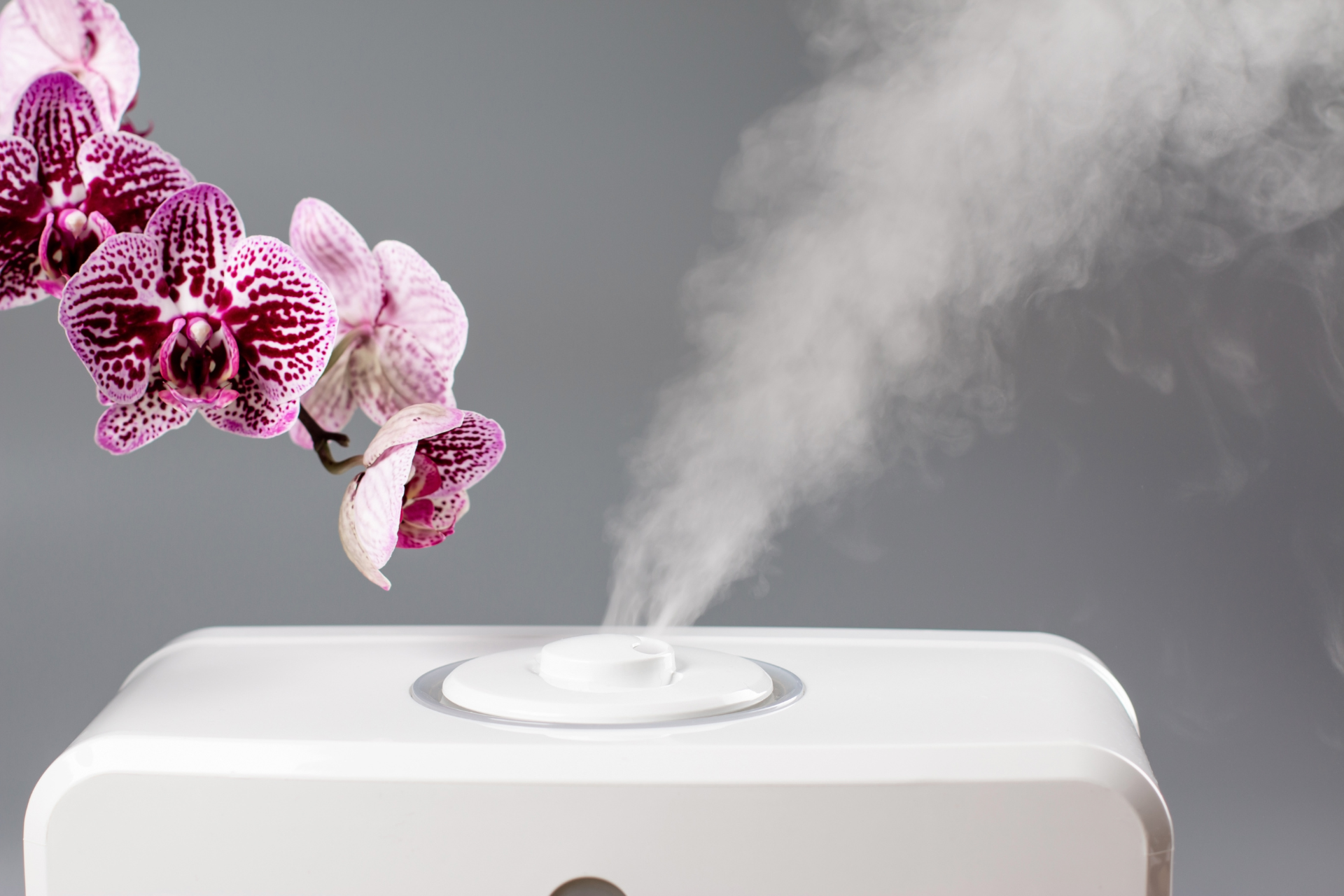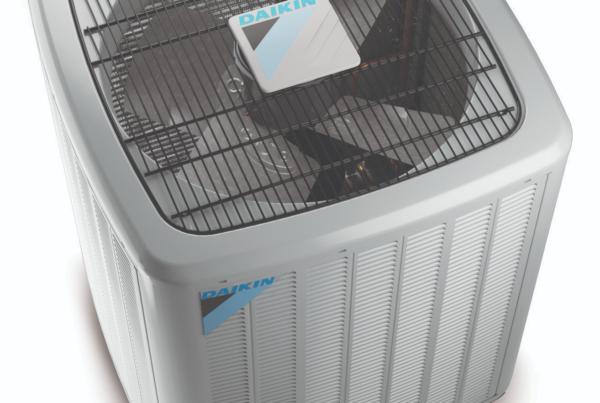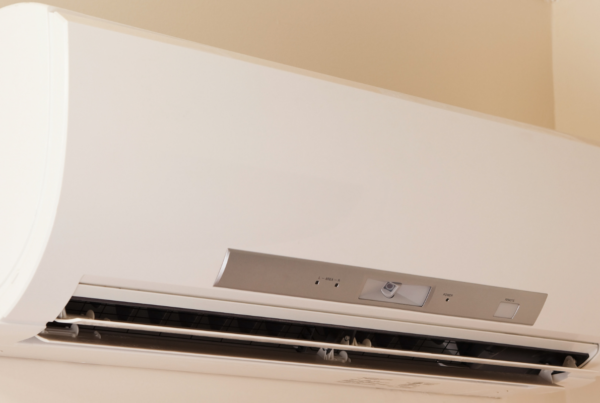Humidity Control & Maximizing Your Comfort
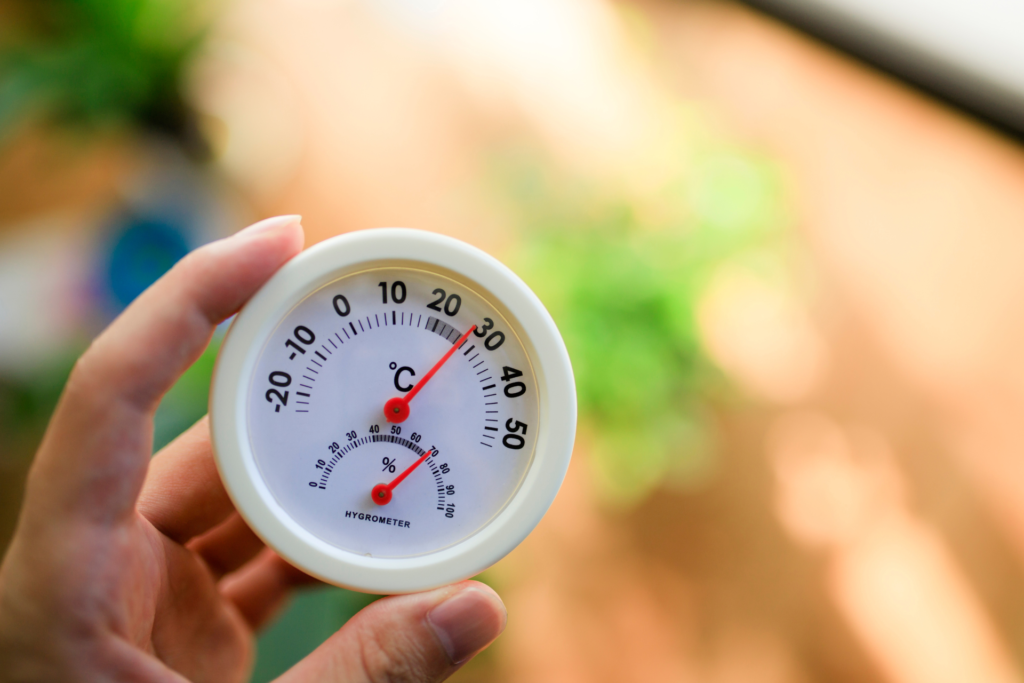
When we think of air conditioners, we think of temperature. But your AC is also responsible for keeping the humidity levels under control – something we need with our hot, humid air!
Having high humidity or low humidity in your home matters. But what’s the right level for your home humidity? That’s what we’re talking about in this blog – and how to tell if you need a fix!
What are Ideal Indoor Humidity Levels in Florida?
The recommended indoor humidity levels are 30% to 50% (higher in the summer and lower in the winter). However, part of this is your preference. Just like with temperature, people have a higher or lower ideal indoor humidity level based on the time of year, what kind of clothing you wear around the house, circulation health, and other factors.
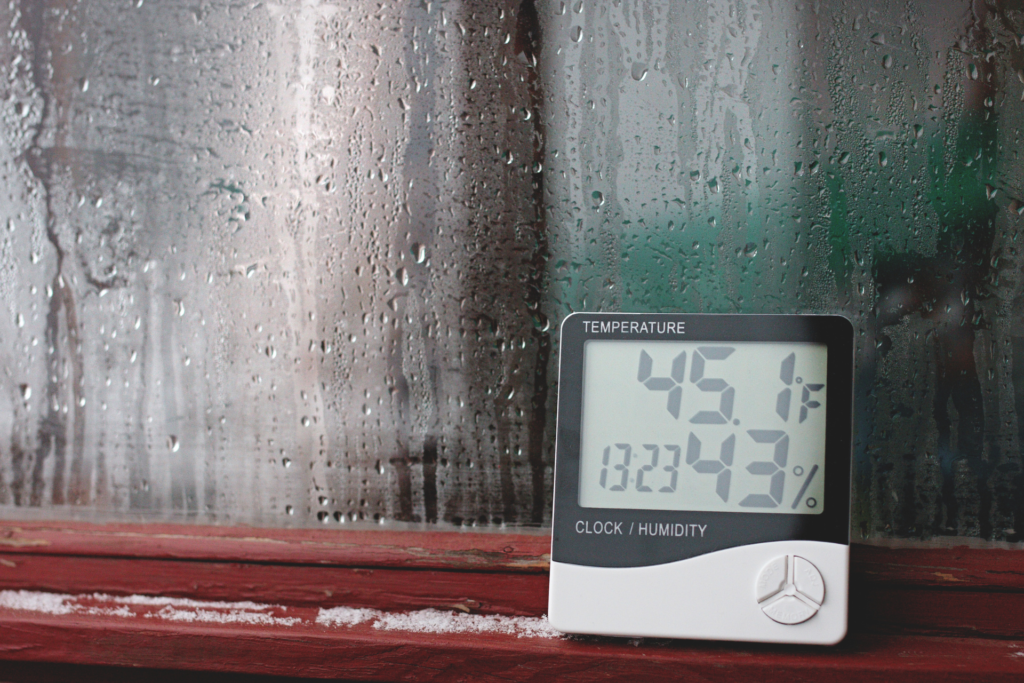
However, we definitely recommend staying below 50% humidity. Higher than that can lead to excessive moisture levels that allow mold and mildew growth.
Relative Humidity Levels
The exact amount of moisture in the air is called absolute humidity – but we also measure the perfect humidity based on something called relative humidity. Relative humidity is what you’re used to seeing on the thermostat. It’s calculated based on how much moisture is in the air versus how much moisture could be in the air – which is relative to the outdoor temperature.
It’s kind of complicated, but you can check out a great guide here!
Signs of Problems with Your Home Humidity Level
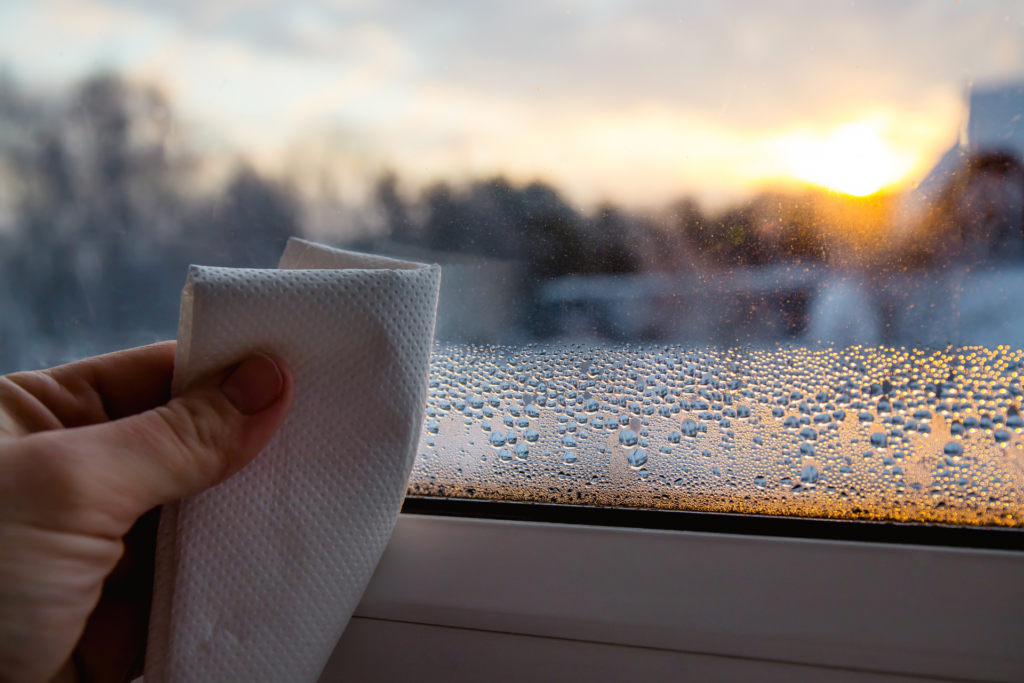
Humidity isn’t just important for having a comfortable environment. Too little moisture or excess moisture are both improper humidity levels that can start to hurt you, your home, and your family’s health.
When you have excess humidity, the extra moisture can cause humidity problems such as:
Mold Growth – moist air promotes the spread of mold, which can damage furniture, walls, wood, building materials, and more. It may also leave a musty smell.
Aggravated Allergy Symptoms – people with compromised respiratory systems or allergies may have trouble breathing with more moisture.
Uncomfortable Living Space – if your home’s humidity level is high, it’s harder to cool off, even if the overall temperature is cool. This can make it hard to sleep as well!
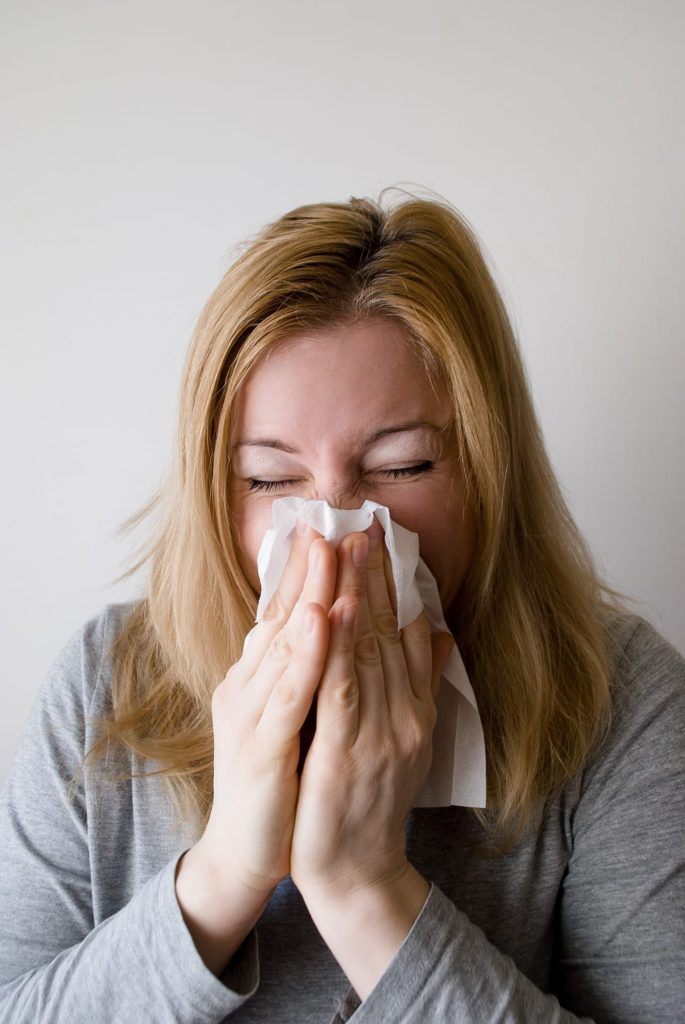
Whether it’s due to dry winter months or an IAQ issue, air that’s too dry will also take its toll on your home environment:
Furniture & Wood Damage – Wood furniture, door frames, and flooring will warp and shrink when dry days remove moisture.
Feeling Dehydrated – Dry air pulls moisture from your skin and body, causing dry skin, dry nasal passages, sore throat, and chapped lips.
Getting Sick – Dryness can cause you to cough and wheeze. It can also make your body work harder to stay healthy, increasing your chance of getting sick.
What to Do: Air Conditioning & IAQ
If you think you have an issue in your home, there are products for humidity control and ways to reach the ideal humidity level in your space. Your home’s HVAC system and indoor air quality products are vital for managing humidity and taking care of your heating and cooling!
For high humidity, a whole-house dehumidifier can combat extra water vapor from hot showers, storms, and climate. This IAQ product is a must for many Florida homes!
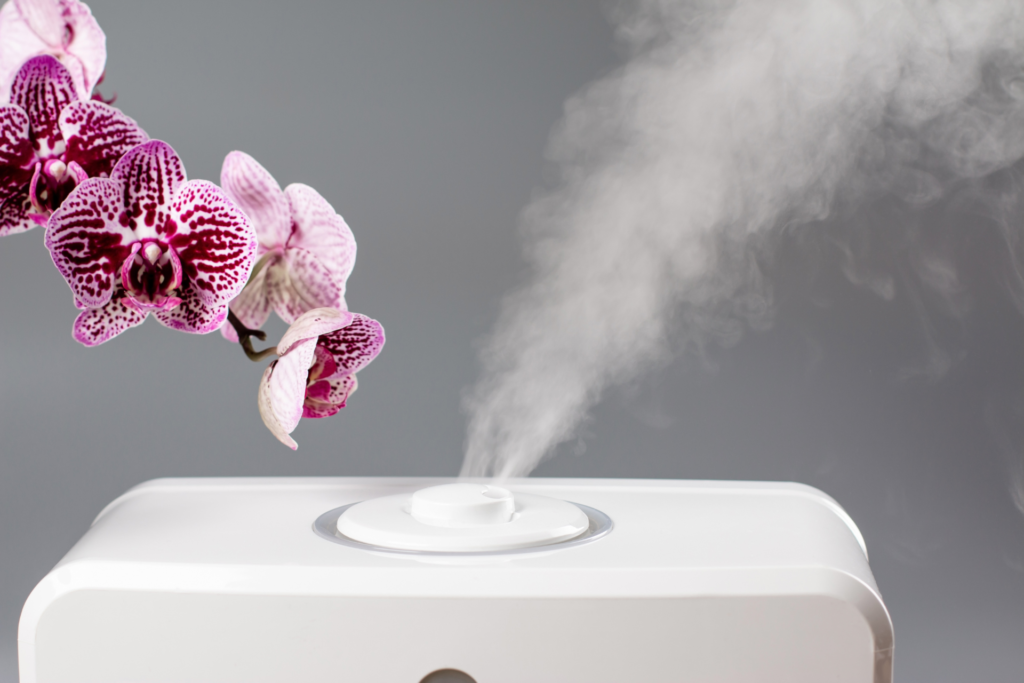
Cold air conditioning units are also whole-home dehumidifiers – they remove water from the environment when they run. While your air conditioner fights the summer heat to reach the ideal temperature, it’s also affecting the humidity level in your home!
A whole-house humidifier will add moisture during the winter months or if you’re suffering from a dry climate. If your cooling system is running during the summer, a whole-home humidifier may be beneficial when there’s no moisture outside!
If you think you might need some expert HVAC solutions for your home, then it’s time to call Cool Rays AC! We also offer Indoor Air Quality assessments and products to maximize your comfort all year long. Give us a call today!

